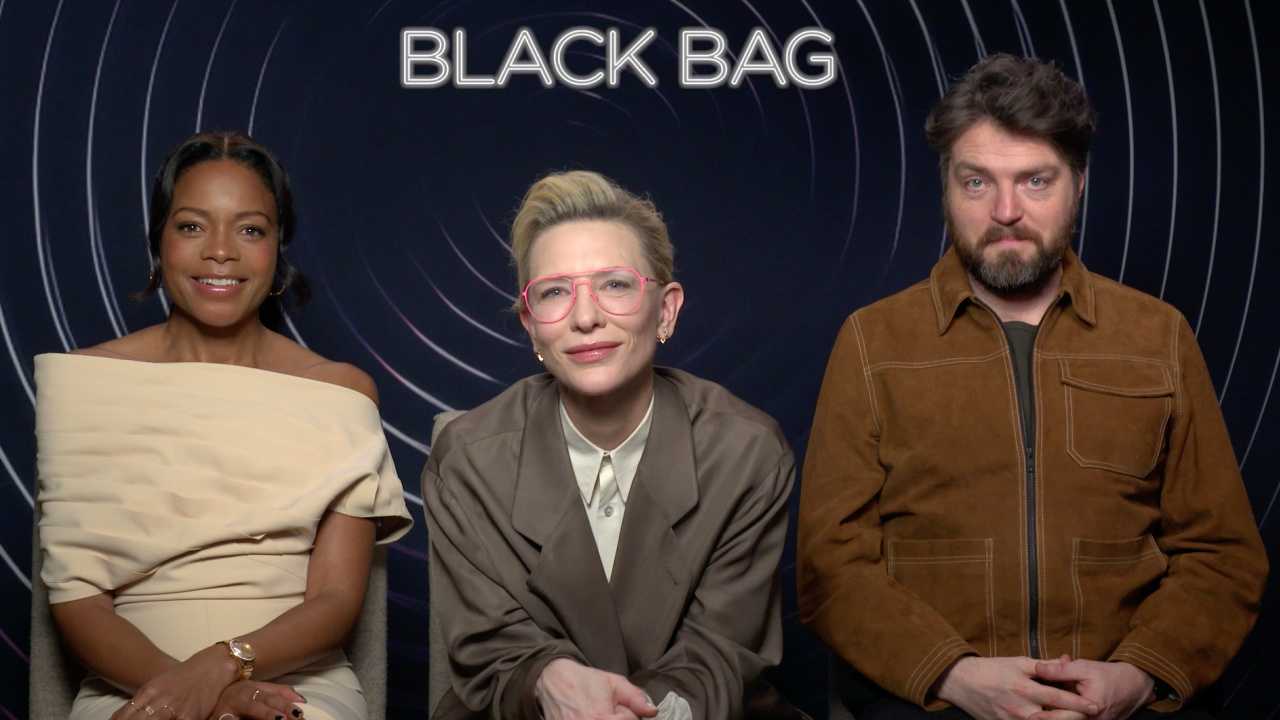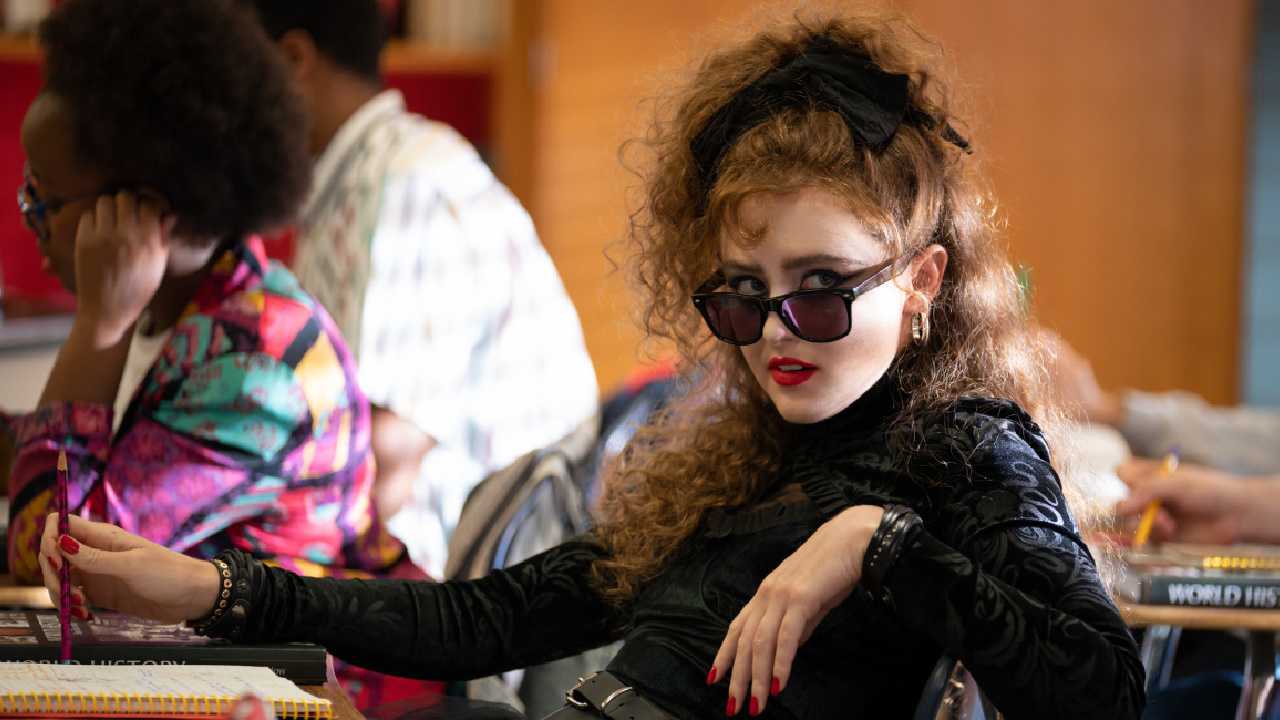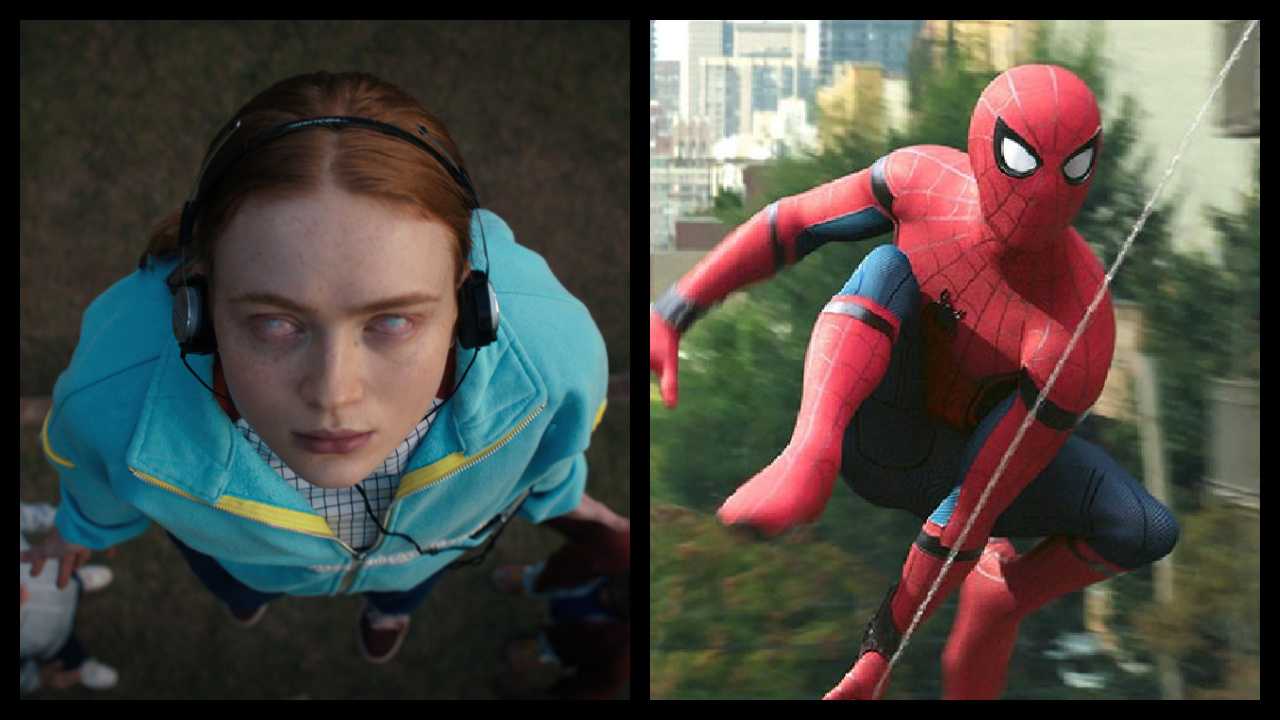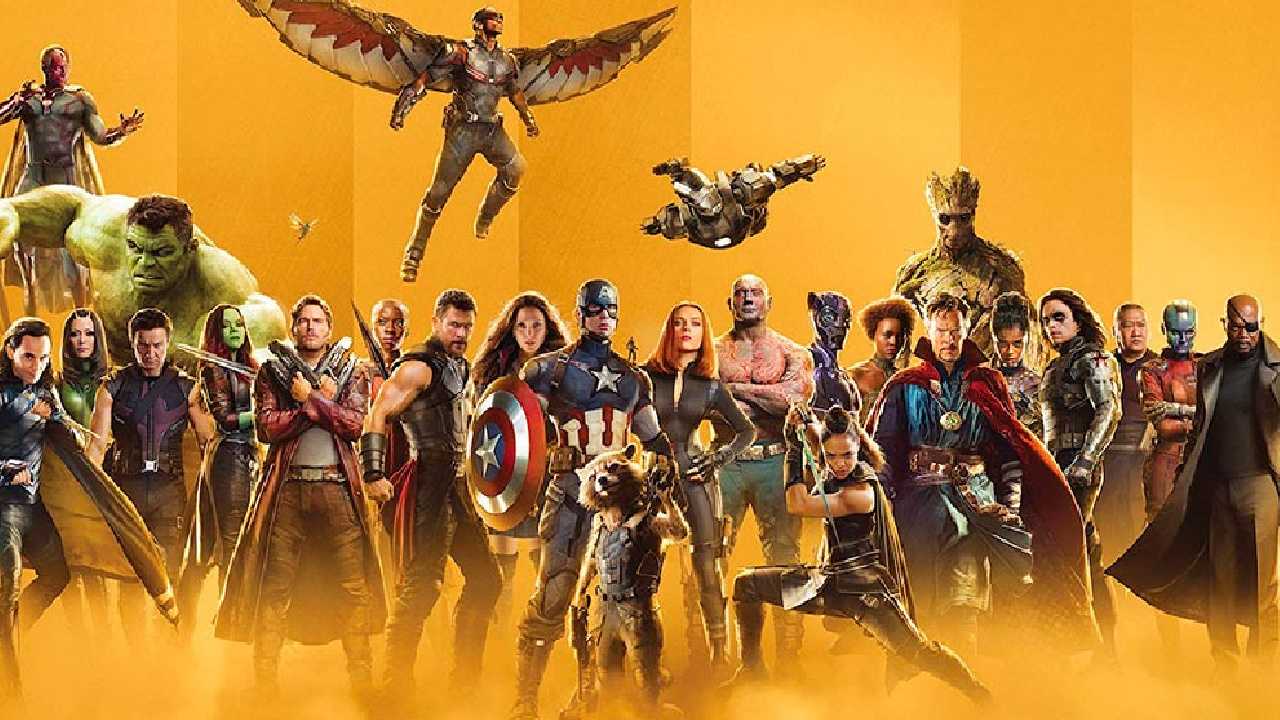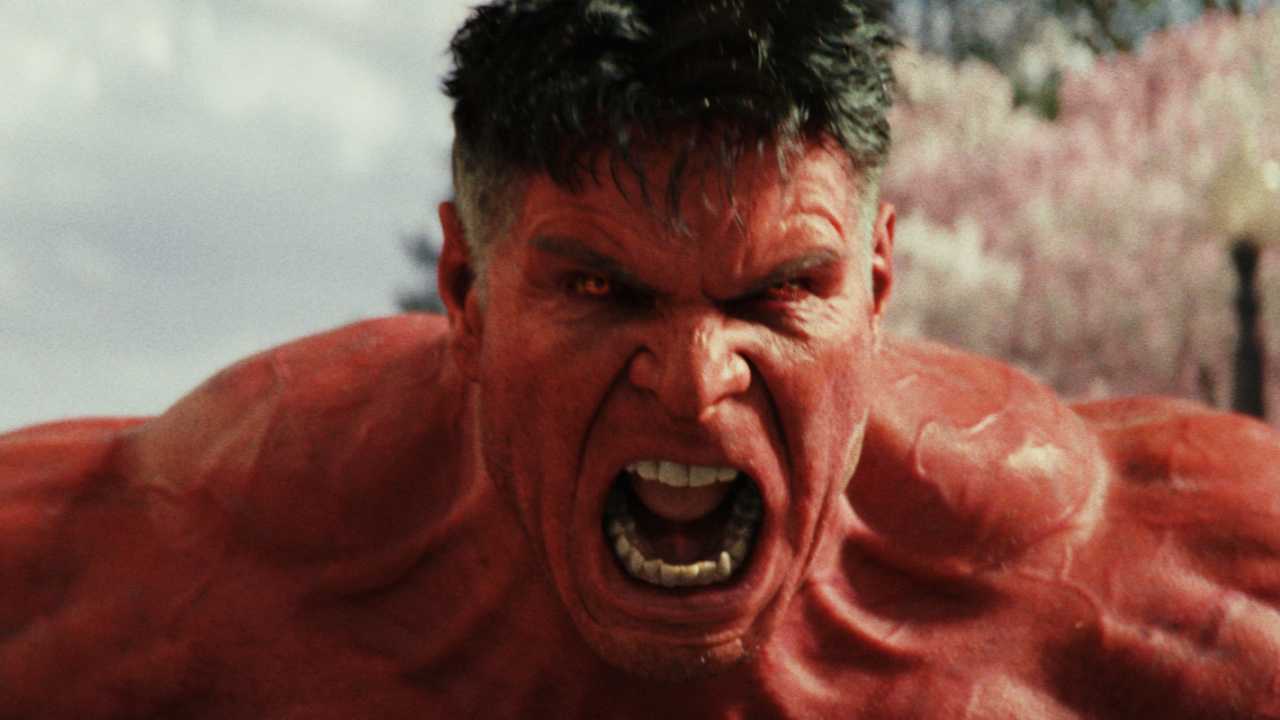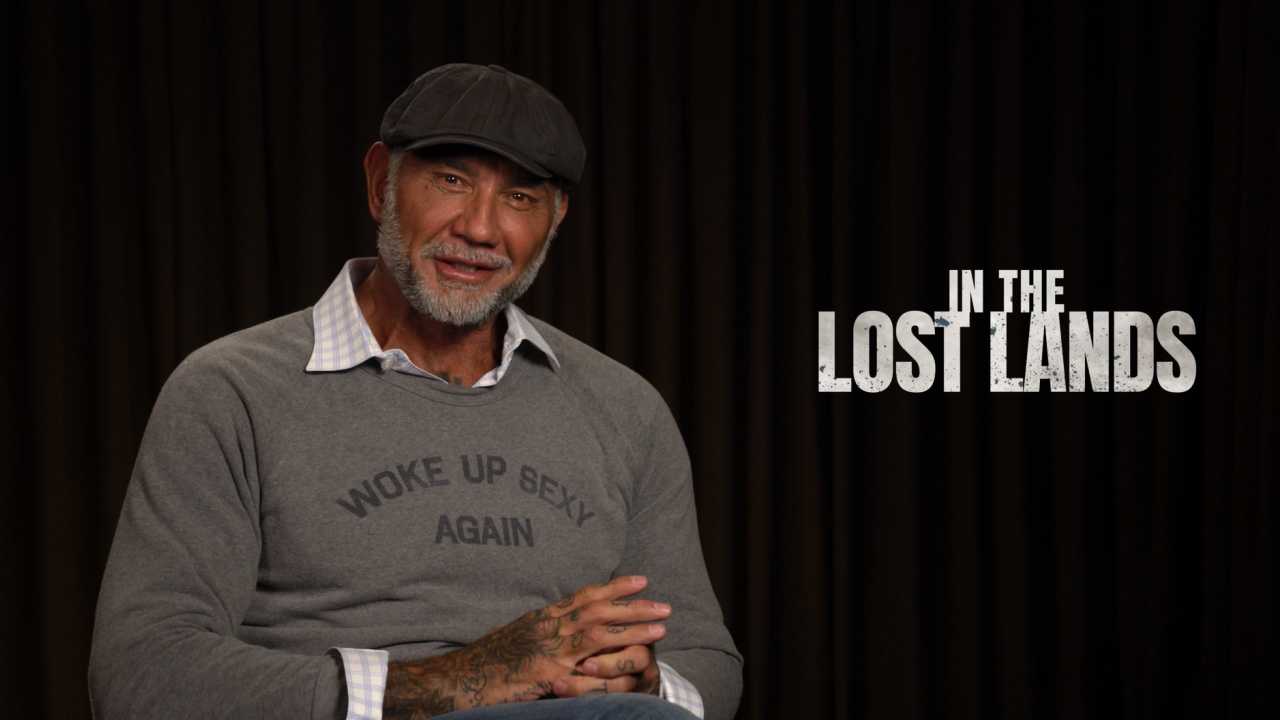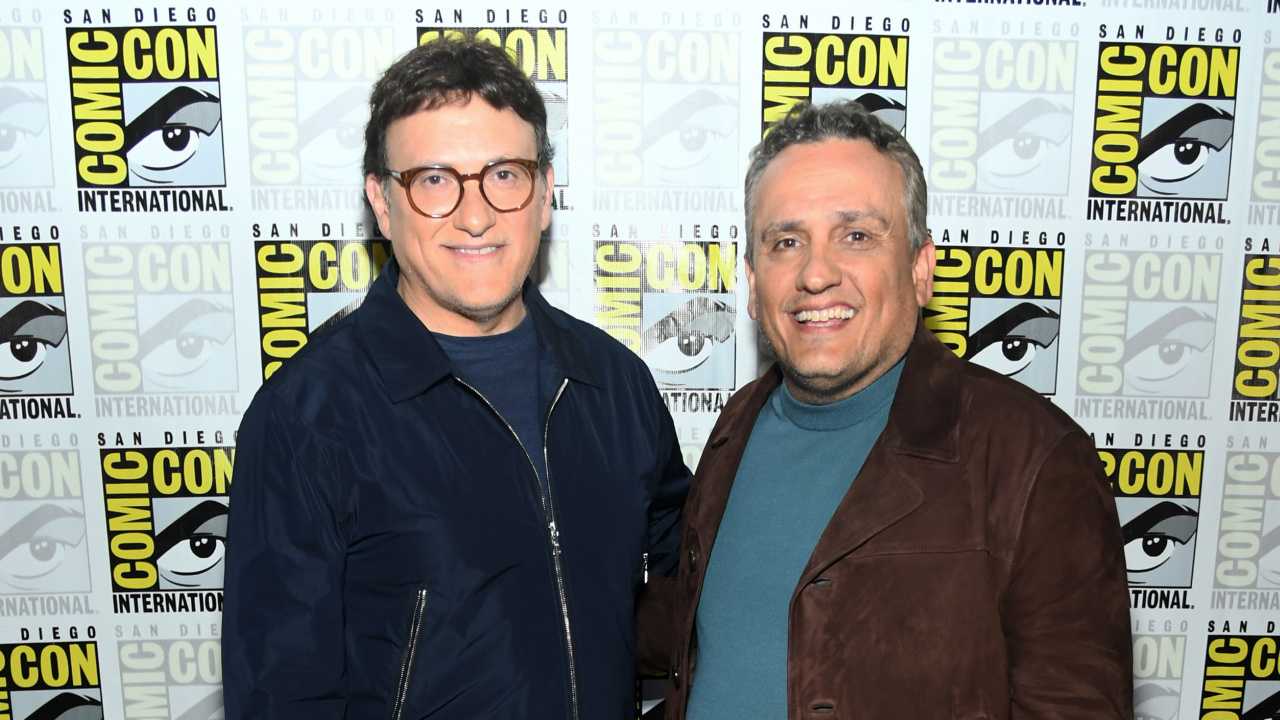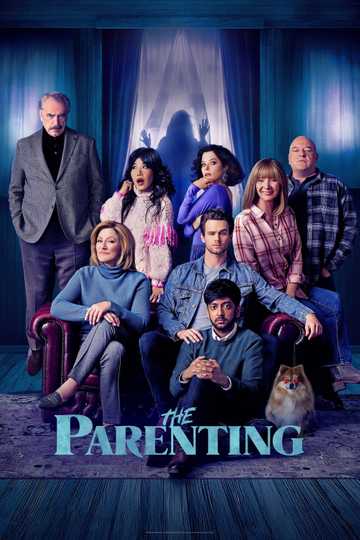This Year's Oscar Race Is Gonna Get Ugly
Remember this column's hope, expressed last week, that the sheer excellence of this year's nominees might keep the Oscar race from getting ugly and political? Well, that was awfully naive.
After watching Sunday's Screen Actors Guild Awards, it's clear that there's no keeping politics out of this year's Oscars. From the speeches made by many of the winners, it's apparent that much of Hollywood is worked up over POTUS' actions, particularly his travel ban. Even if such sentiments don't directly influence the way Academy members vote, there are sure to be similar fiery speeches throughout Oscar night, no matter who wins.
If Academy voters followed the example of the Screen Actors Guild members, not just with their speechmaking but also with their awards picks, we might have a very different race from the one pundits are predicting. Three of the four SAG acting winners were African-Americans (Mahershala Ali of "Moonlight" and Viola Davis and Denzel Washington of "Fences"). The evening's top prize, Best Ensemble (the SAG equivalent of Best Picture), was an upset victory for the predominantly African-American cast of historical drama "Hidden Figures," while Oscar front-runner "La La Land" wasn't even nominated (guess the actors didn't consider the Ryan Gosling-Emma Stone vehicle an ensemble piece).
It's true, there's some overlap between the Guild membership and the Academy, where actors make up the largest voting branch. Over the years, the SAGs have had a success rate above 70 percent for picking individual acting winners at the Oscars. And Ali and Davis were already the oddsmakers' favorites for Supporting Acting Oscars.
With Washington's surprise victory over Casey Affleck ("Manchester by the Sea") for the SAG Best Actor prize, the SAGs have now made the Academy's Best Actor slot a real competition, the toughest call among the major categories.
But the Oscars are unlikely to echo the SAG preference for "Hidden Figures." For one thing, the SAG membership goes for female-driven ensembles a lot more often than the Academy does; for instance, they picked "Little Miss Sunshine" over eventual Oscar-winner "The Departed" and "The Help" over "The Artist." (For all the talk about racial parity among this year's Academy Award nominees, few have mentioned that Best Picture and most behind-the-camera categories remain overwhelmingly male-dominated.)
Don't count "La La Land" out for Best Picture -- it still won all the other important precursor awards. Over the weekend, it won the Producers Guild prize, which, like the Oscars, uses a preferential ballot, and which has correctly predicted the eventual Best Picture trophy winner more than two-thirds of the time.
"La La Land" also won the American Cinema Editors' Eddie award for Best Edited Comedy or Musical. (Like the Golden Globes, the ACE Eddies have separate categories for comedy/musical and drama; the drama prize went to Best Picture Oscar nominee "Arrival"). By the way, Oscar pool pickers, the cartoon feature prize at both the PGA and ACE awards went to tolerance parable "Zootopia," so pencil that one in for an Academy Award for Best Animated Feature.
Even SAG voters weren't immune from "La La" mania. They gave the Best Actress trophy to Emma Stone, who cemented her place as the Oscar front-runner.
And even Stone, whose movie doesn't carry a weighty message about what life is like for marginalized people in America, felt compelled to mention contemporary politics in her SAG speech. Academy voters could grant the frothy musical romance a sweep in its nominated categories, and they still might not be able to avoid having the winners complain about politics.
Will that make a difference to Oscar voters? There's still a lot that can happen between now and February 13, the day Academy members receive their final ballots. This week alone, guilds representing the directors, cinematographers, animators, and visual effects artists will hand out their prizes.
Still, the inevitability of political speeches from the Dolby Theatre podium could free up Academy members to decide they don't have to make political statements with their votes, since the winners will make them no matter who they are.
Maybe we're still being naive, but couldn't that mean that voters will be free to pick favorites based on merit alone?
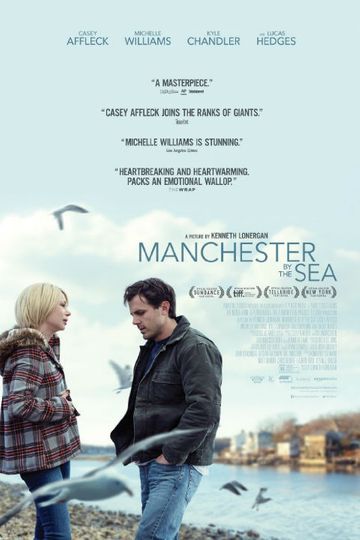
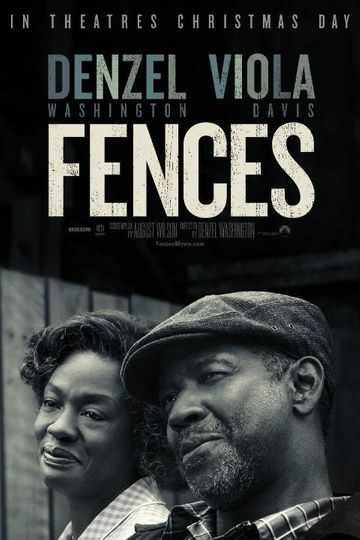
Fences



